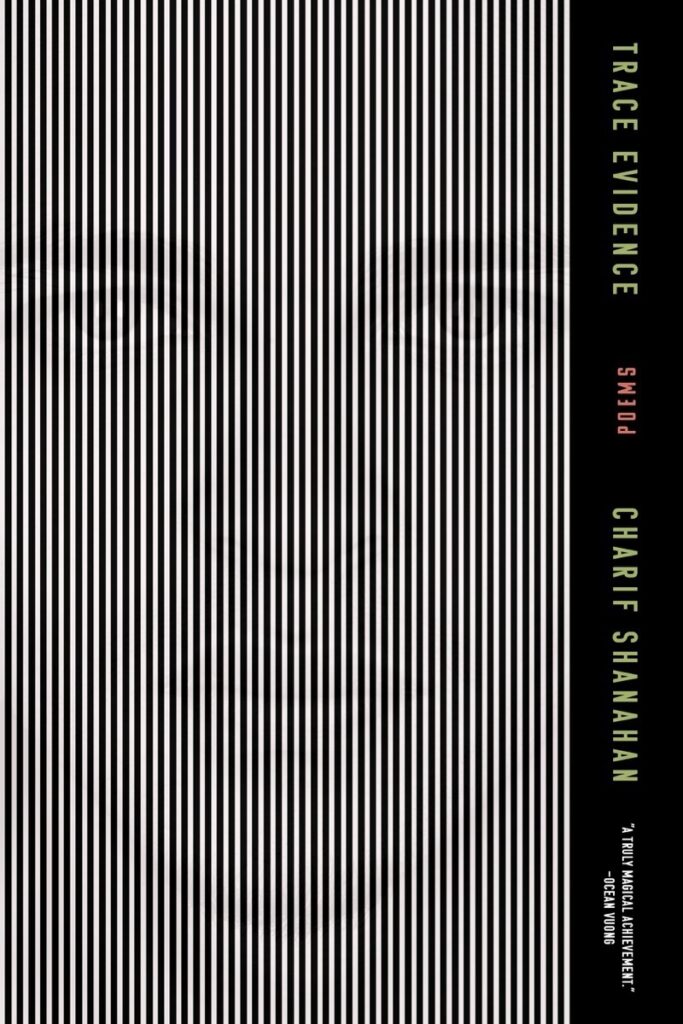IMAGO
for Marvin
Stay, I repeated. Stay. And each time I said it
You stepped further away.
I needed you, and it was all you
Could see and the thing you questioned:
The borrowed chairs we sat in
Had the look of something once very dirty, then
Cleaned incompletely, the dimmed lights
Threw a shadow of your dog onto the white walls
As she circled our feet—were you
My self then, absent some days itself—?
I wish you a good night and all the joy you can build
In the time ahead, you said. And what I heard, what I knew
You were saying was, I will not figure
Into the time ahead, which I had expected to hear,
In some way—and so
The feeling was not one of loss, exactly—
Though I have lost, and lose—
But completion. The loss had occurred, I think,
Before we tried to give ourselves a name.
IMAGO
a Marvin
Resta, ripetevo. Resta. E più lo dicevo
Più ti allontanavi.
Avevo bisogno di te, ed era questo
Che ti importava e che mettevi in dubbio:
Le sedie in prestito su cui ci sedevamo,
Un tempo forse sporchissime, poi
Non del tutto pulite, le luci soffuse
Gettavano sui muri bianchi l’ombra del tuo cane
Mentre ci gironzolava ai piedi—eri tu
Il me di allora, anch’esso a volte assente—?
Ti auguro la buonanotte e tutta la gioia che porterai
Nel futuro che ti attende, dicesti. E quello che capii, che sapevo
Di aver sentito, era Io non figurerò
Nel futuro che ti attende, e me lo aspettavo,
In qualche modo—perciò
Il senso non era proprio di perdita—
Sebbene io abbia perso, e perda—
Ma di completezza. La perdita era avvenuta, credo,
Prima che provassimo a darci un nome.
*
EXILE
It happened inside a single room.
For me. Forgive me
If you feel with this assertion I diminish you
Or the integrity of your story.
But it’s true: I was nowhere, there,
On the frayed brown carpet, between two beds—
Mine to the right, my brother’s to the left—
Counting the tiny holes
In the radiator cover, dark eyes
Piercing through painted-white metal.
When I looked around, I saw nothing that I was.
Not even other nothings, like me.
Do you think I take from you?
I do not take from you, I am you.
ESILIO
Successe in una stanza singola.
Per me. Perdonami
Se ti sembra che questa affermazione sminuisca te
O l’integrità del tuo passato.
Ma è vero: io non c’ero, là,
Sul tappeto marrone sfrangiato, tra due letti—
Il mio a destra, mio fratello a sinistra—
A contare i forellini
Sul coperchio del radiatore, occhi scuri
Che bucavano il metallo bianco e verniciato.
Guardandomi intorno, non vidi nulla di ciò che ero.
Neanche altri nulla, come me.
Pensi che io abbia preso da te?
Io non ho preso da te, io sono te.
*
WOUND
It has taken me years to begin this poem.
I have not known from where to speak.
Because I had not been positioned,
I had not positioned myself to speak.
In this way, it has taken me years
To begin not only this poem but being
A person at all, which is required
For speaking, it turns out, which is,
Frankly speaking, the thing I have most
Wanted, most needed to do,
Not for my ego, not exactly, but
To clear what had positioned me
In the first place in no place.
FERITA
Ci ho messo anni a iniziare questa poesia.
Non sapevo da dove parlare.
Non essendo stato posto in nessun punto,
Non avevo posto me stesso a parlare.
Così ci ho messo anni non solo
A iniziare questa poesia ma ad essere
Di fatto una persona, dato essenziale
Per poter parlare, a quanto pare, ed è,
In tutta onestà, la cosa che più avevo
Voluto, la più necessaria da fare,
Non per il mio ego, non proprio, ma
Per disfarmi di ciò che mi aveva posto
In primo luogo in nessun luogo.
* * *
*Si ringrazia l’autore per gli ulteriori spunti di lettura offerti durante la traduzione e Andrea Carloni per la cura nella revisione dei testi
* * *

* * *
Charif Shanahan è autore delle raccolte di poesia Trace Evidence: poems (Tin House, 2023) e Into Each Room We Enter without Knowing (Crab Orchard Series in Poetry/SIU Press, 2017), entrambe inedite in Italia. Suoi componimenti sono apparsi in diverse riviste, tra cui American Poetry Review, The Nation, The New Republic, The New Yorker, New York Times Magazine, The Paris Review. Ha ricevuto numerosi premi e riconoscimenti, tra cui la borsa di studio per la letteratura del National Endowment for the Arts, la borsa Wallace Stegner per la scrittura creativa dell’Università di Stanford e la borsa del programma Fulbright Senior Scholar in Marocco. Nativo del Bronx, attualmente risiede a Chicago dove insegna letteratura inglese e scrittura creativa presso la Northwestern University.
Piero Toto è un poeta bilingue residente a Londra, dove lavora come traduttore dall’inglese e come senior lecturer in traduzione presso la London Metropolitan University. In Italia ha pubblicato la silloge tempo 4/4 (Transeuropa Edizioni, 2021), segnalata al Premio Internazionale Mario Luzi 2021. Sue traduzioni dall’inglese e inediti in italiano sono rinvenibili su «Atelier», «Interno Poesia», «Laboratori Poesia», «Menabò online», «La Repubblica» e «Queerographies». Le sue poesie in lingua inglese sono apparse su riviste e blog letterari britannici e internazionali. Twitter/Instagram: @pierototoUK.



